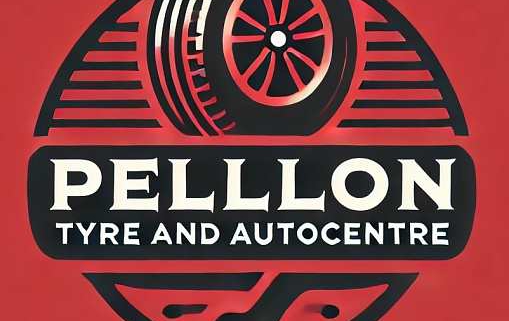First Childs Car
Table of Contents
First Childs Car

First Childs Car
How You Can Help Your Child With Their First Car
Embarking on the journey of your child’s first car is a significant milestone that comes with both
excitement and responsibility. A parent’s role extends beyond celebrating this achievement to
providing guidance and support in navigating the complexities of car ownership.
Choose A Safe And Reliable Vehicle
The first step in supporting your child’s journey into car ownership is helping them choose a safe and
reliable vehicle. Consider factors such as fuel efficiency, safety ratings, and maintenance costs. Instil
in your child the significance of regular car maintenance. Schedule routine check-ups, oil changes,
and tyre rotations to ensure the vehicle operates efficiently and safely. Encourage them to keep a
maintenance log and adhere to the manufacturer’s guidelines for service intervals.
Help Them Find The Right Insurance: First Childs Car
Securing the right car insurance is a critical aspect of responsible car ownership. Emphasise the
importance of adequate coverage to protect both your child and their vehicle in case of accidents or
unforeseen events.
Work together to understand the various types of car insurance available. Comprehensive coverage,
third-party, fire and theft, and third-party only are common options.
Discuss the specific needs of your child and the level of coverage that best suits their circumstances. You might also want to
consider gap insurance, which covers the difference between the amount that you paid for the car
and what your insurance policy covers. Gap insurance comparison is crucial for finding a good deal.
Visit Protect Your Family to compare insurance on everything from your home to your business.
Foster Responsible Driving Habits: First Childs Car
You need to stress the importance of defensive driving skills. Encourage your child to take additional
courses to enhance their driving abilities. Defensive driving not only ensures their safety but can also
result in lower insurance premiums.
Stress the dangers of distracted driving, particularly the use of mobile phones. Establish a strict no-
phone-while-driving rule to promote safe and focused driving habits. Encourage the use of hands-
free devices if necessary.
Financial Responsibility And Budgeting
Openly discuss the financial responsibilities that come with car ownership. This includes fuel costs.
routine maintenance, and unexpected repairs. Help your child create a budget that accounts for
these expenses, fostering financial responsibility from the outset.
Teach your child fuel-efficient driving practices to optimise fuel consumption. Simple habits, such as
maintaining a steady speed, avoiding unnecessary idling, and keeping the vehicle well-maintained
contribute to fuel efficiency.

Emergency Preparedness And Roadside Assistance
As part of responsible car ownership, ensure your child’s vehicle is equipped with emergency
essentials. This includes a spare tyre, jack, jumper cables, and a basic toolkit. Additionally, stress the
importance of carrying essentials like a first aid kit and emergency contact information.
Investigate roadside assistance programmes offered by reputable organisations or insurance providers.
These services can be invaluable in the event of breakdowns or emergencies on the road. Discuss the
options available, and help your child choose a reliable roadside assistance plan.
Understanding Legal Obligations: First Childs Car
Ensure your child understands the legal obligations associated with driving. This includes having a
valid driving licence, road tax, and compliance with MOT (Ministry of Transport) requirements.
Discuss the consequences of violating these regulations, emphasising the importance of responsible
and lawful driving.
Familiarise your child with local parking regulations to avoid fines or penalties. Discuss the
importance of parking in designated areas, adhering to time restrictions, and paying for parking
where required.
